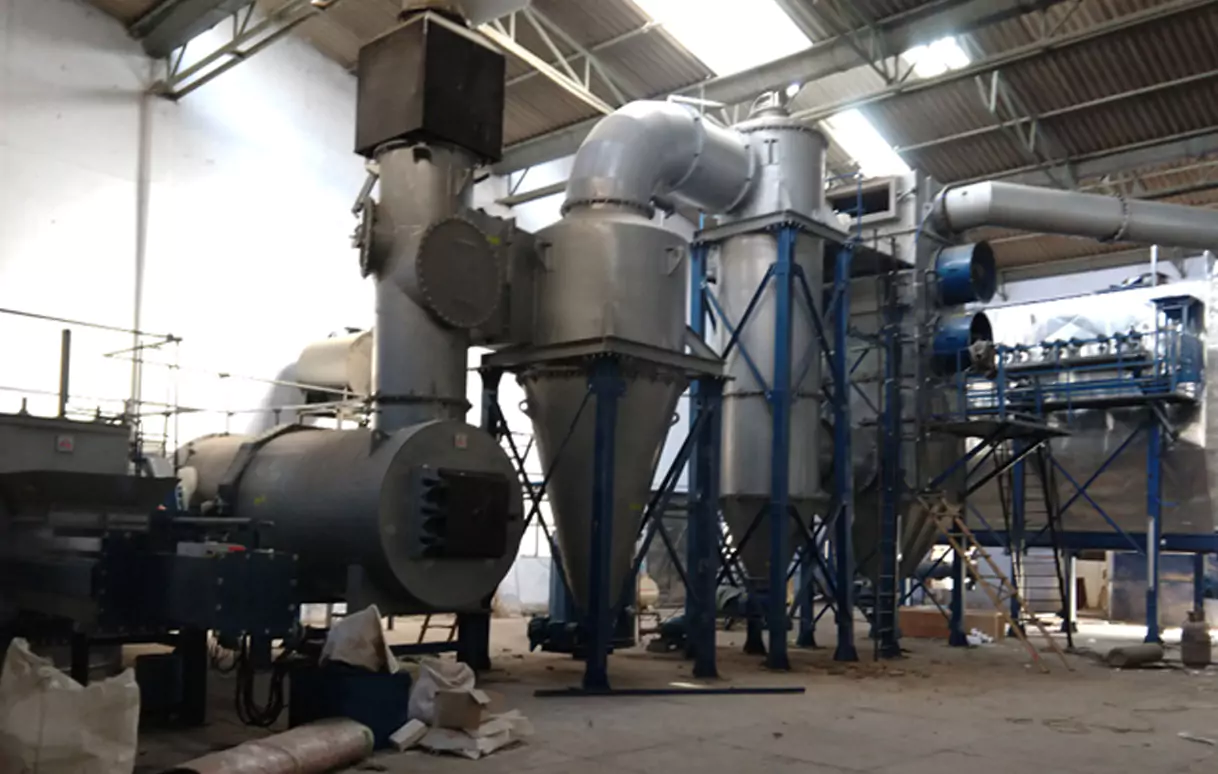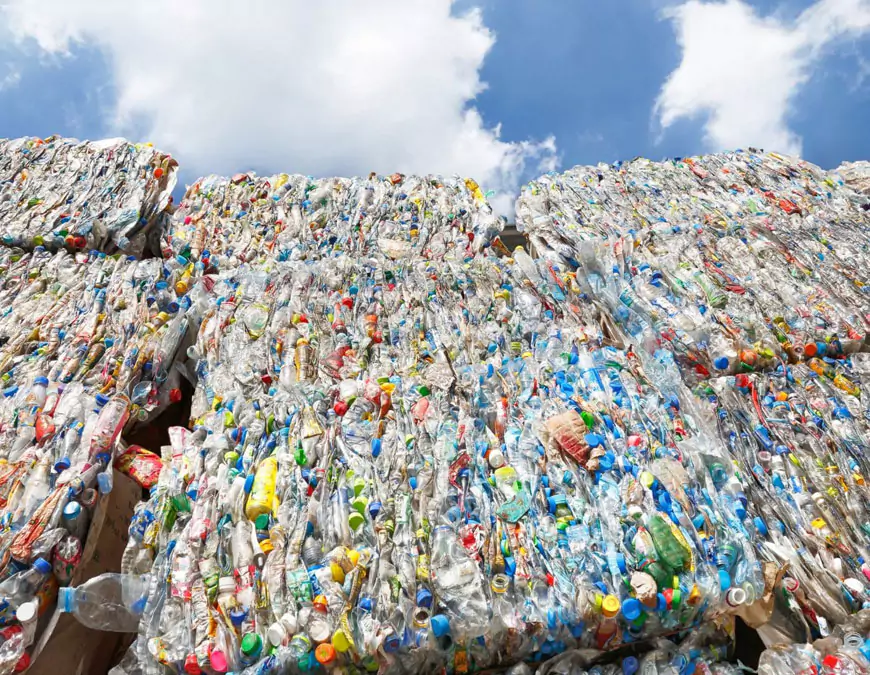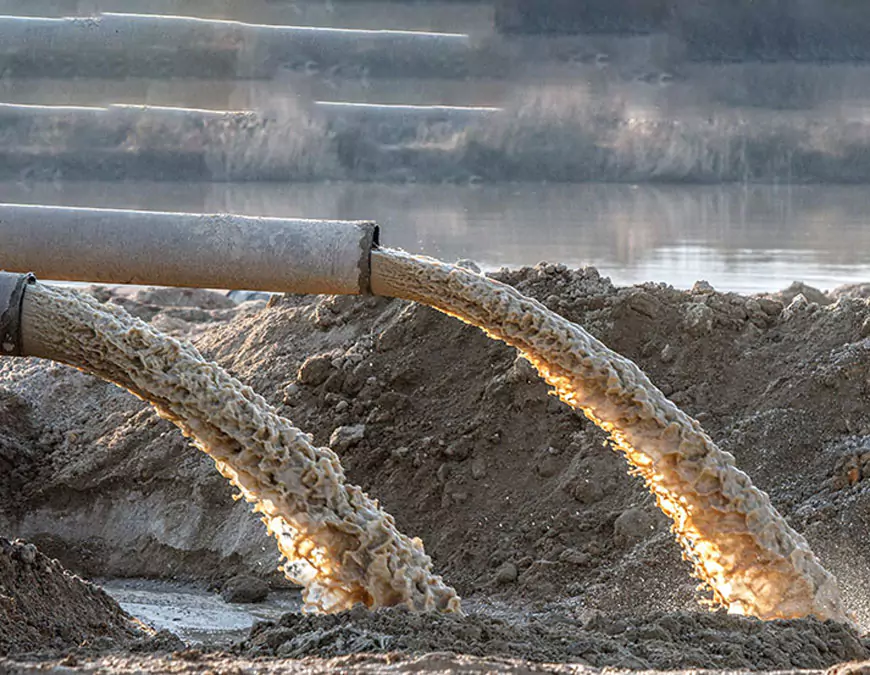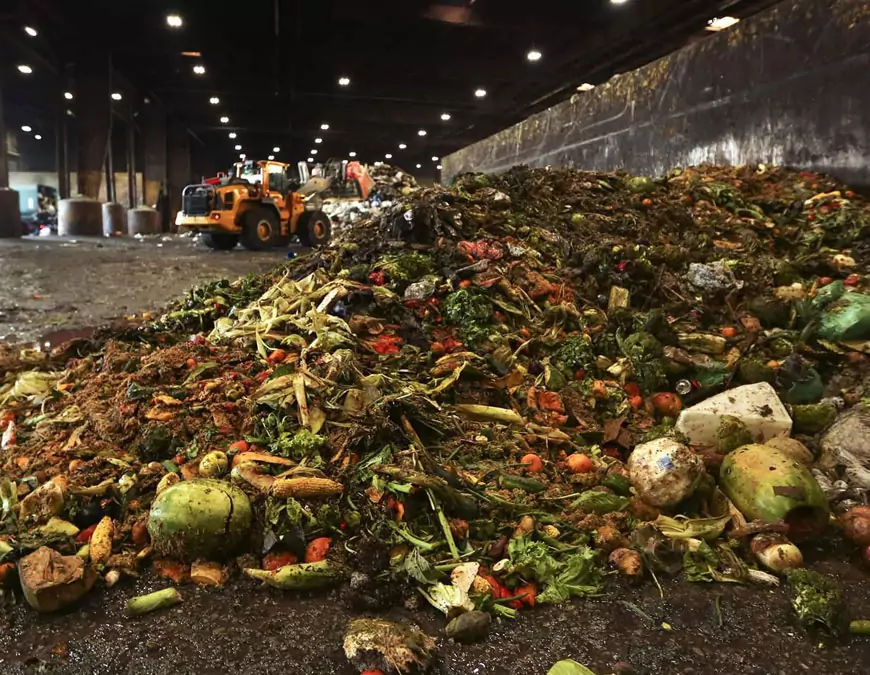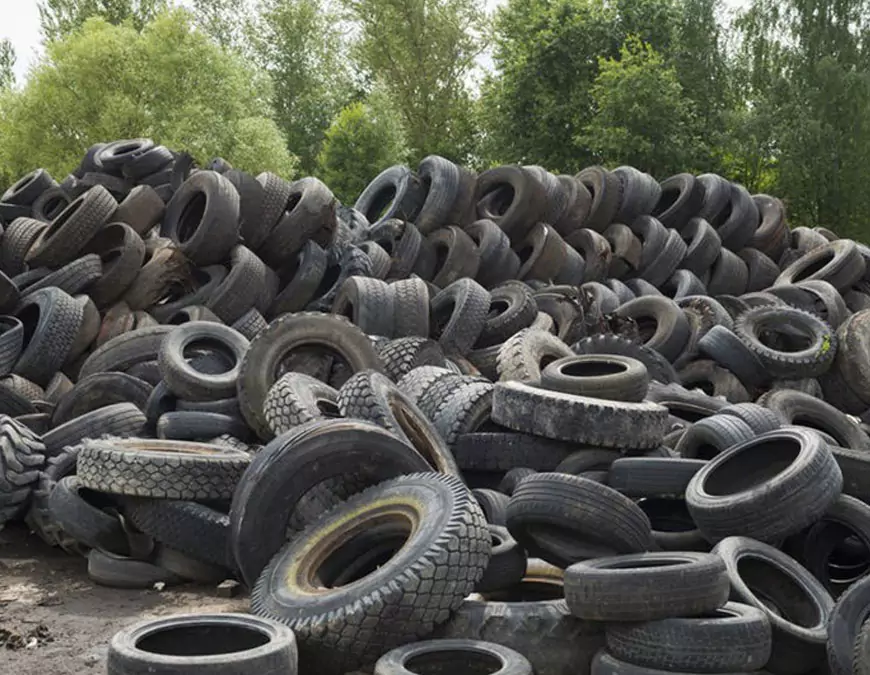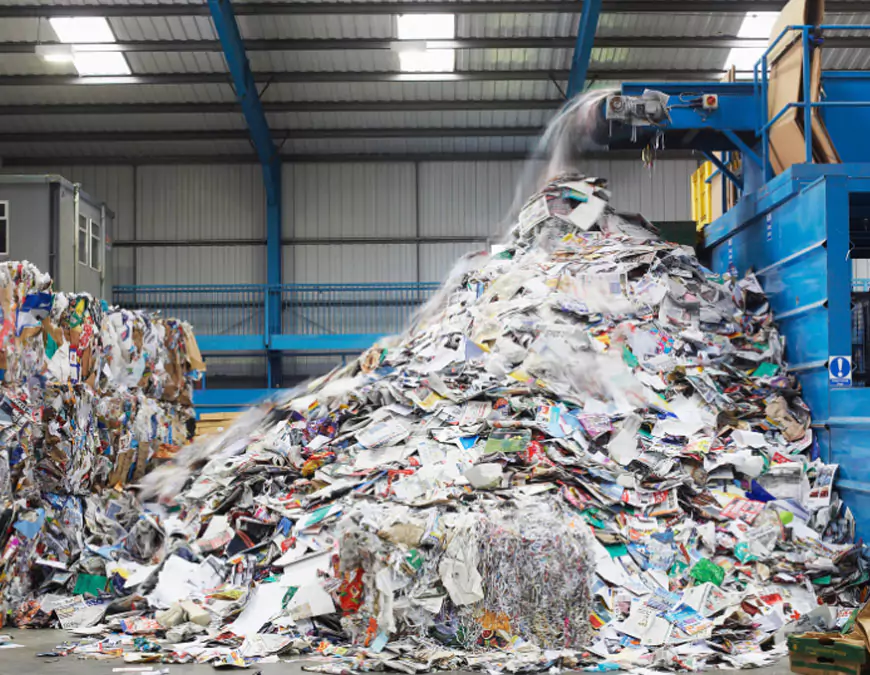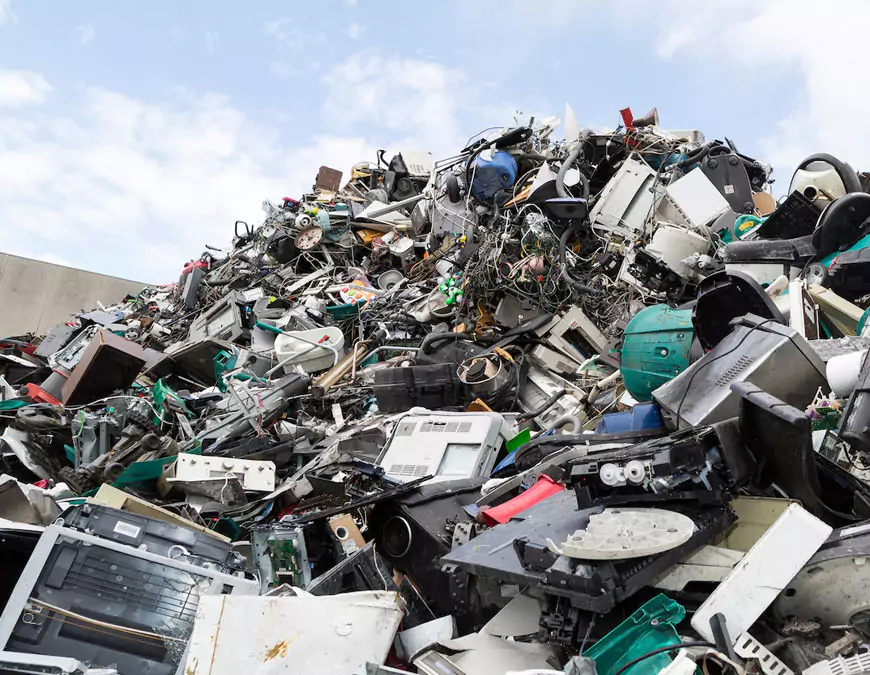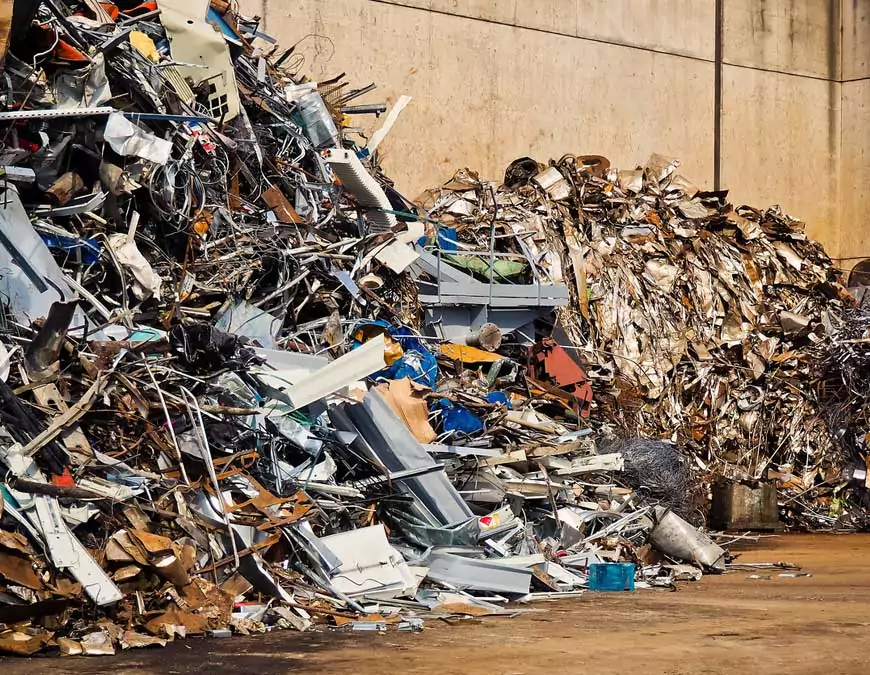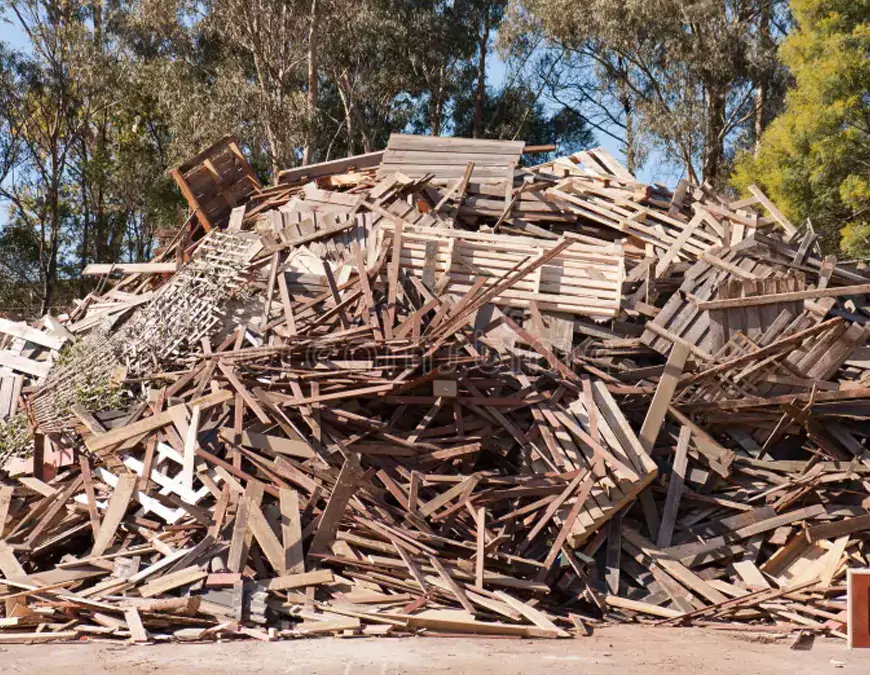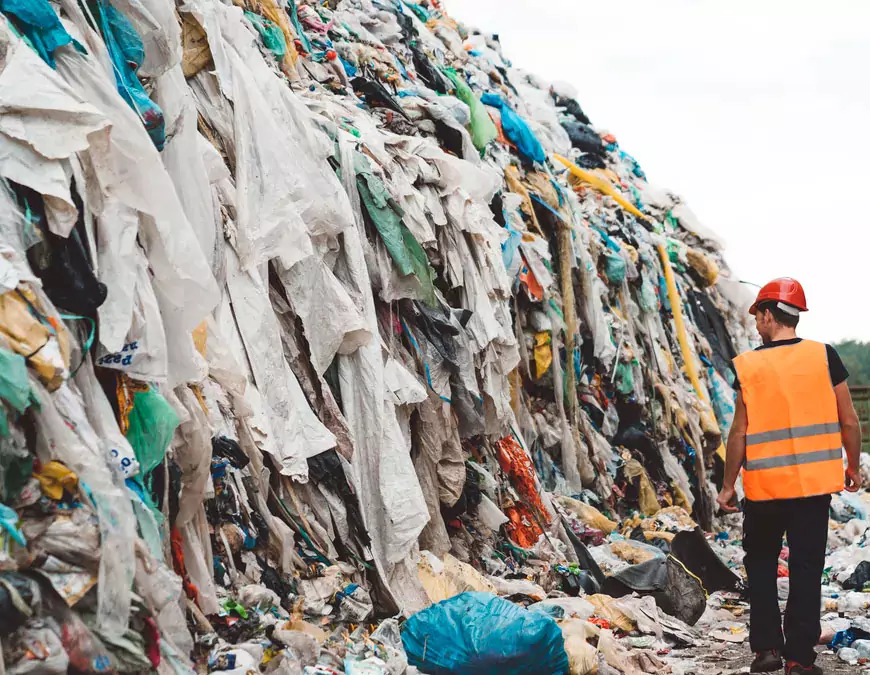Types of Medical Waste
- Incinerable Medical Waste: Includes pathological waste, anatomical waste, soiled dressings, gauze, bandages, and contaminated materials that must be destroyed at high temperatures.
- Medical Plastic Waste: Includes disposable syringes, IV bags, tubing, surgical gloves, face masks, and plastic packaging that require sterilization and shredding before disposal or recycling.
Importance of Medical Waste Management
- Infection Control: Prevents the spread of diseases such as HIV, hepatitis, and bacterial infections.
- Environmental Protection: Avoids air, soil, and groundwater contamination.
- Occupational Safety: Protects healthcare and sanitation workers from accidental exposure.
- Regulatory Compliance: Meets national and international guidelines for biomedical waste disposal.
- Resource Recovery: Enables safe recycling and recovery of sterilized plastics.
Key Components of Medical Waste Management
Disinfection and Sterilization
Non-incinerable waste like plastics is disinfected using autoclaves or chemical treatments before shredding or recycling.
Our Solutions to Manage Medical Waste
At Alfa Therm Limited, we provide tailored medical waste treatment systems for all categories of healthcare waste:
Benefits of Effective Medical Waste Management
- Infection Prevention: Minimizes health risks associated with exposure to contaminated materials.
- Environmental Sustainability: Controls emissions and reduces landfill burden through thermal and mechanical processing.
- Regulatory Adherence: Complies with biomedical waste management rules and healthcare regulations.
- Efficient Waste Handling: Streamlines waste disposal processes while maximizing safety and hygiene.
- Recyclability and Resource Use: Enables recovery and reuse of safe, sterilized plastic components.

Other Industries We Serve
Struggling with Waste Management challenges?


